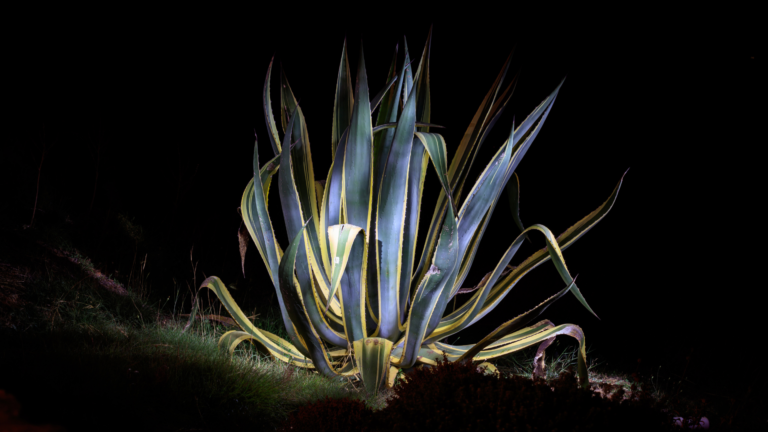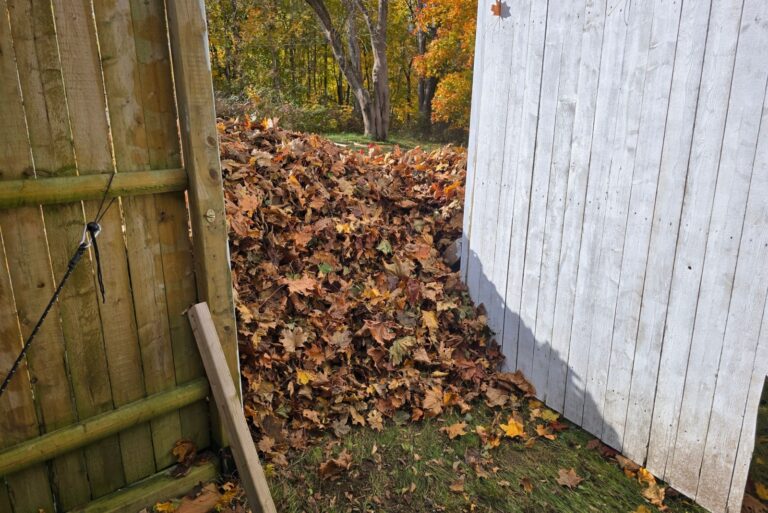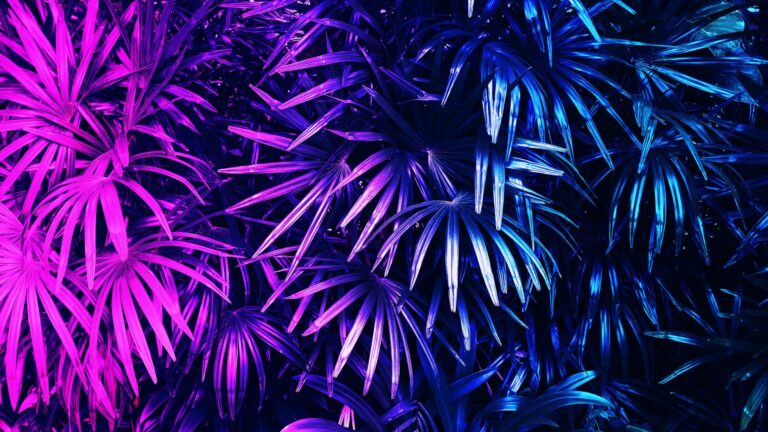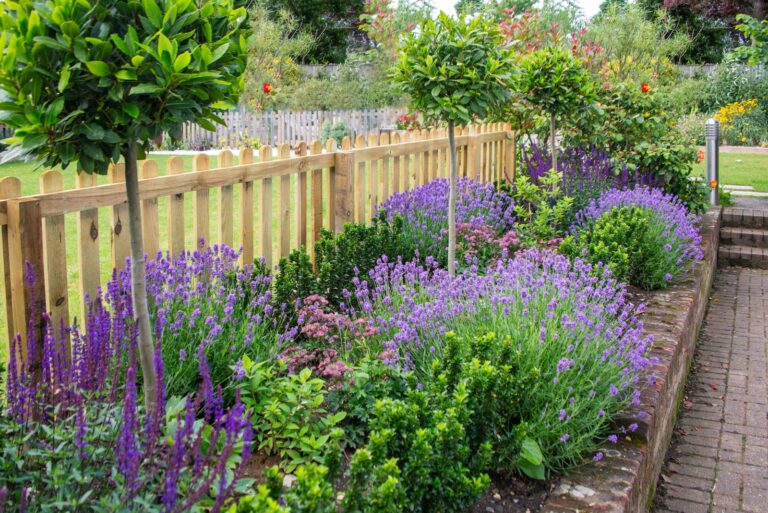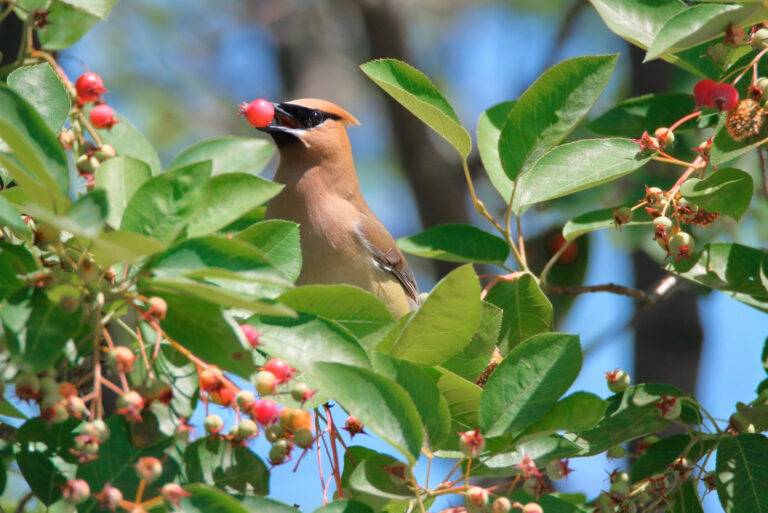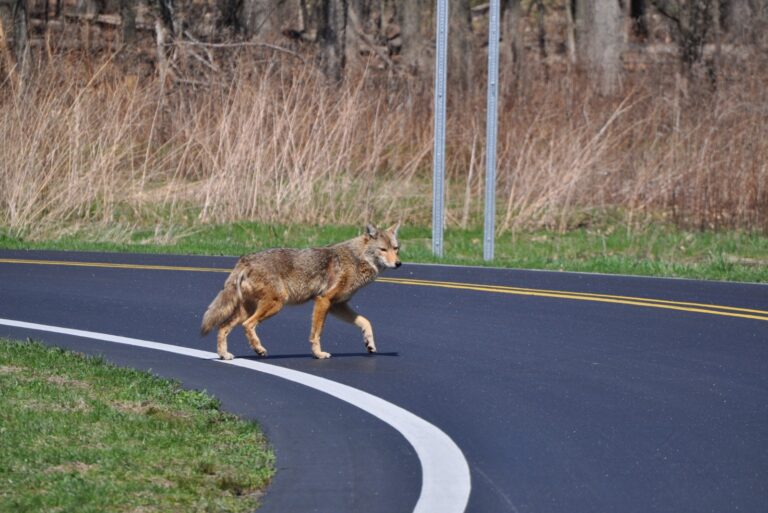11 Backyard Crops That Are Actually Illegal To Grow In Mississippi
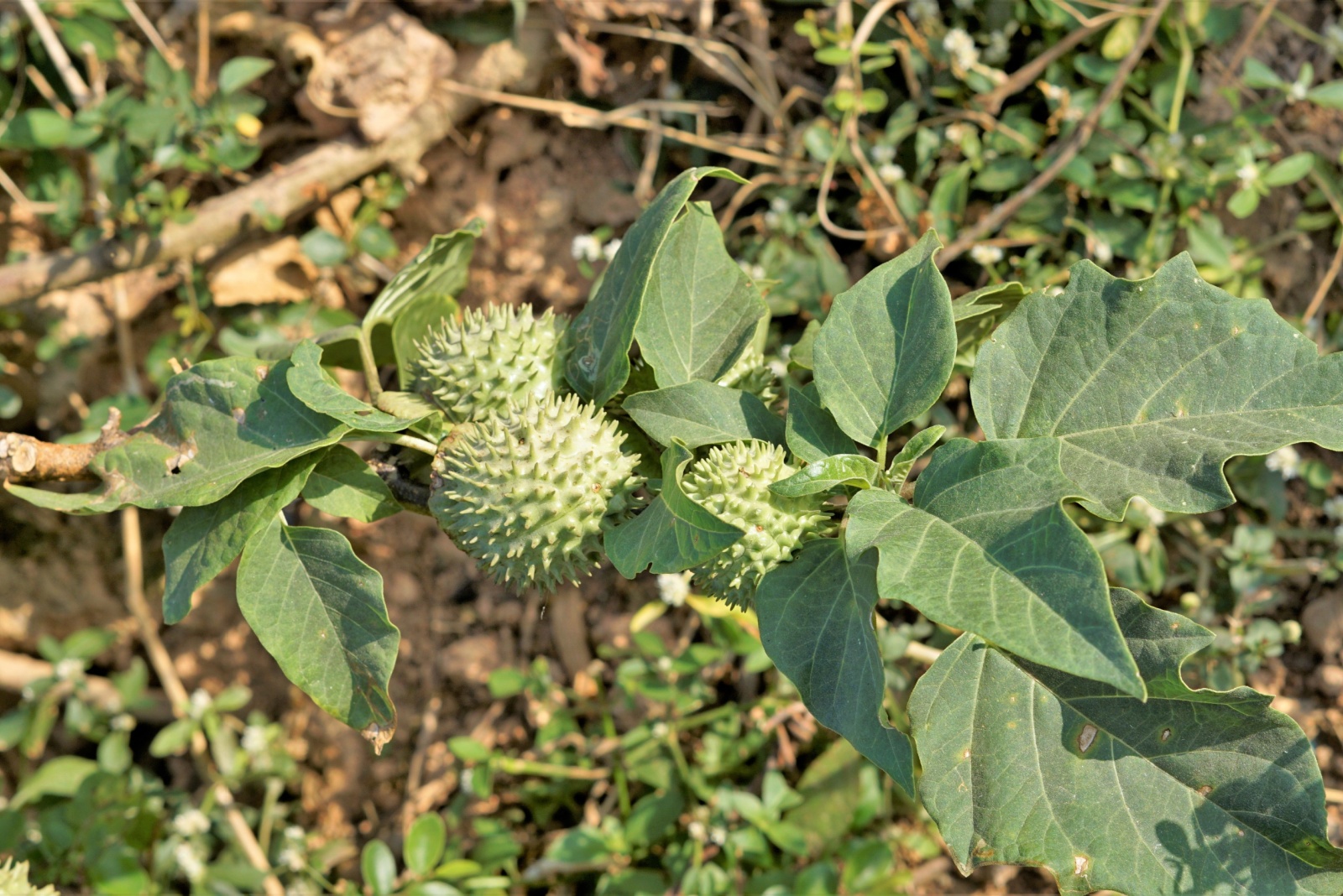
Growing your own food sounds like a dream come true for many Mississippi gardeners. But before you plant that next crop in your backyard, you might want to check local laws.
Some plants that seem perfectly harmless are actually banned in the Magnolia State, and growing them could land you in serious trouble with the law.
1. Cannabis (Marijuana)
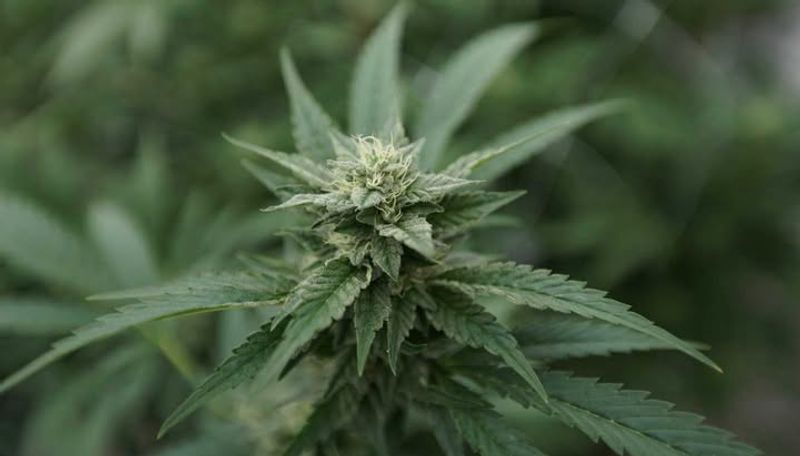
Federal and state laws make growing marijuana plants completely off-limits for home gardeners in Mississippi. Even though some states have relaxed their rules, Mississippi maintains strict prohibition on cannabis cultivation without proper medical licensing.
Getting caught with even one plant could result in hefty fines and possible jail time. The penalties increase dramatically based on the number of plants discovered on your property.
Medical marijuana is legal under very limited circumstances, but home cultivation remains forbidden for patients.
2. Opium Poppies (Papaver somniferum)
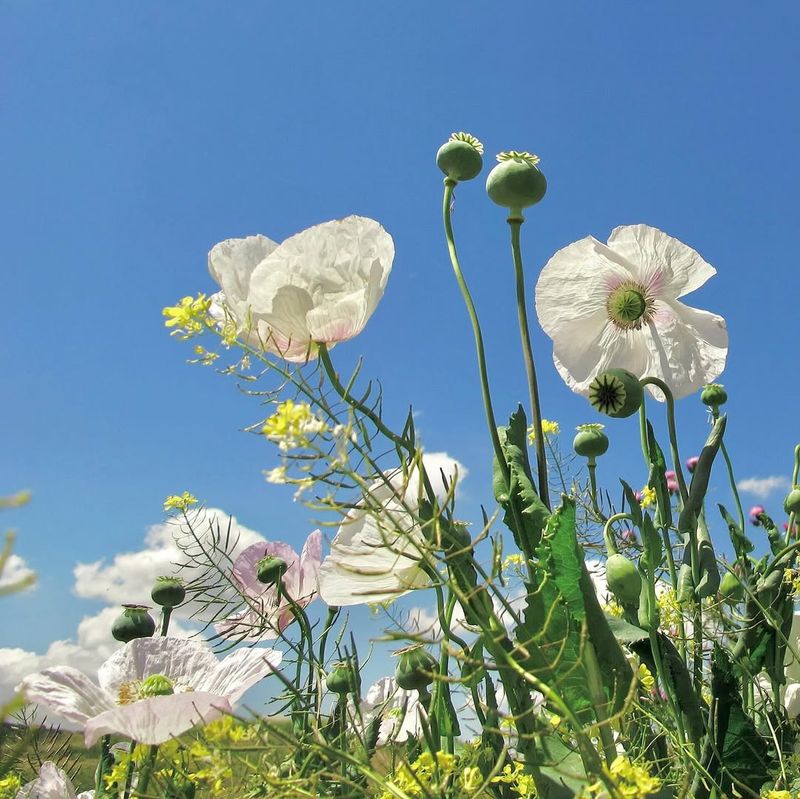
Beautiful as they may be, opium poppies contain substances used to make illegal drugs like heroin and morphine. Mississippi law prohibits growing these flowers specifically because of their narcotic potential.
Many gardeners don’t realize that ornamental poppy varieties can still be illegal if they’re the wrong species. Law enforcement doesn’t distinguish between decorative and drug-making intentions when prosecuting cases.
Stick to legal poppy varieties like California poppies or Iceland poppies for your flower beds instead.
3. Coca Plants
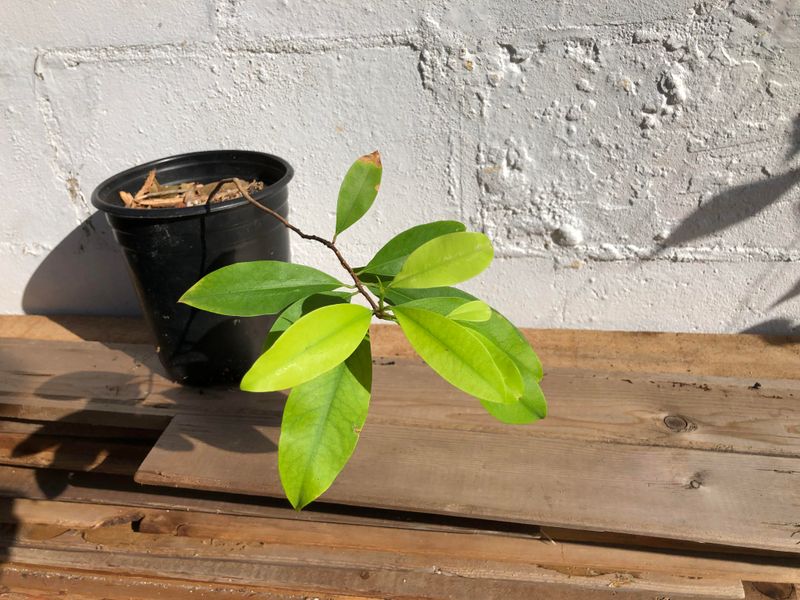
Coca leaves are the raw material for cocaine production, making these plants completely illegal throughout the United States. Mississippi enforces federal drug laws that ban any cultivation of coca plants, regardless of intended use.
Some cultures traditionally chew coca leaves for energy, but that cultural practice doesn’t make growing them legal here. Possession of coca plants carries serious criminal penalties similar to other controlled substances.
Don’t confuse coca with cocoa, which comes from completely different plants and makes chocolate.
4. Peyote Cactus
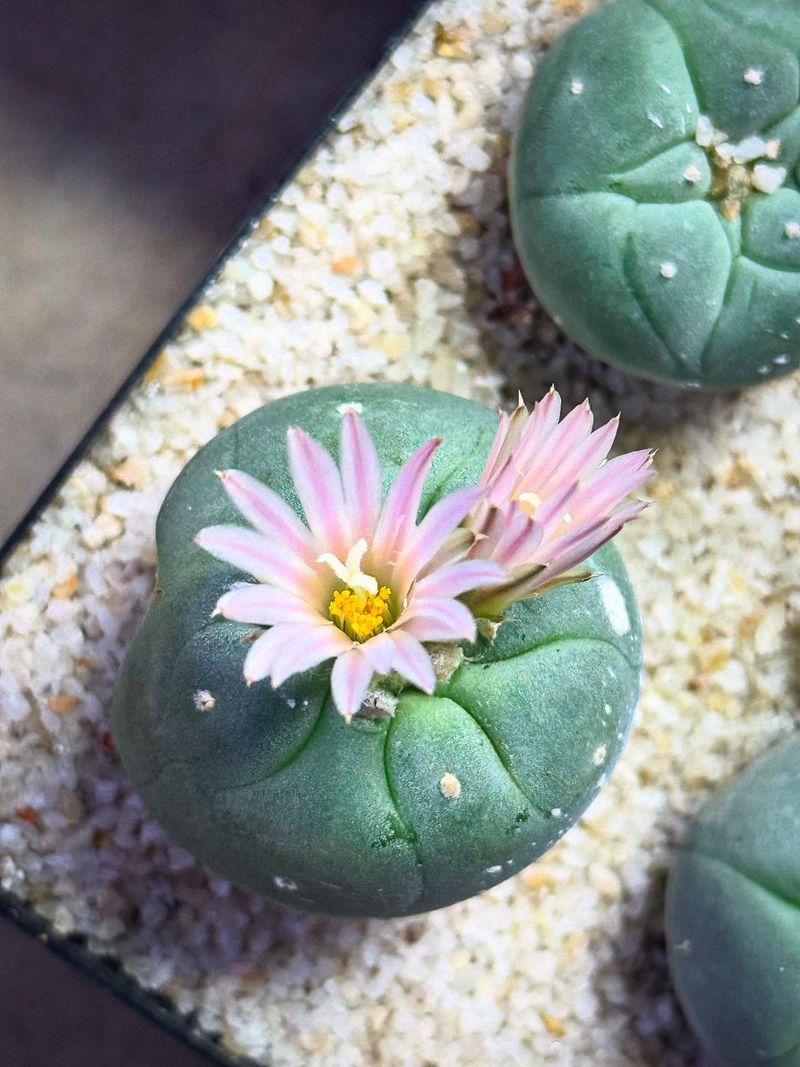
This small, spineless cactus contains mescaline, a powerful hallucinogenic compound that makes it illegal under federal and Mississippi state law. Growing peyote without proper religious exemption can lead to prosecution for drug manufacturing.
Native American Church members have limited legal protections for ceremonial use, but those exemptions don’t extend to casual gardeners. Law enforcement takes peyote cultivation seriously because of its classification as a Schedule I controlled substance.
Many other cactus species are perfectly legal and make great houseplants instead.
5. Kudzu Vine
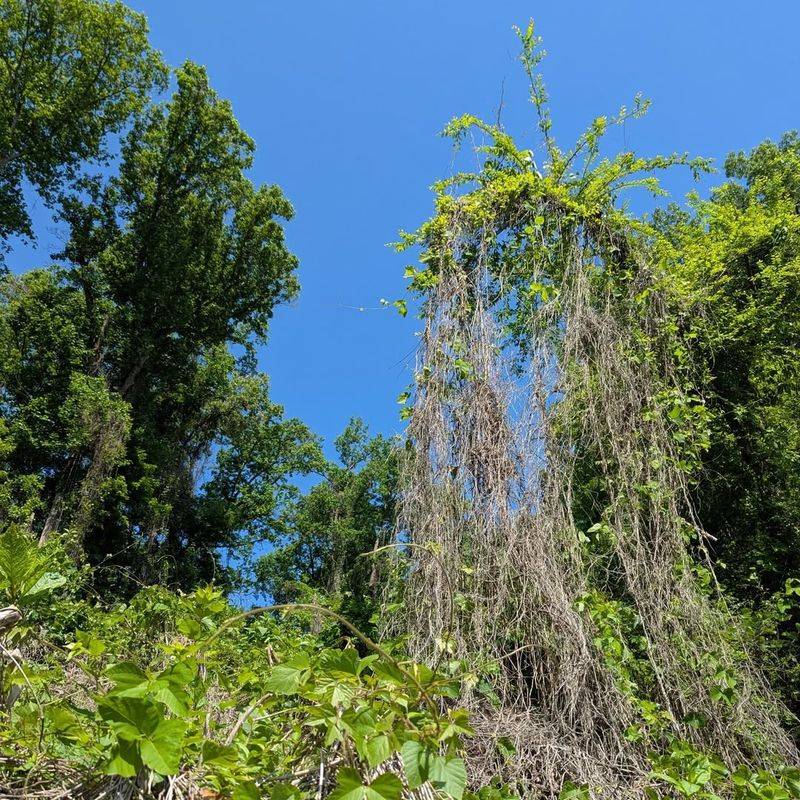
Known as the vine that ate the South, kudzu is banned for planting in Mississippi because of its incredibly aggressive growth habits. This invasive species can grow up to a foot per day during summer, smothering native plants and damaging buildings.
Mississippi regulations prohibit intentionally planting or cultivating kudzu to prevent further environmental damage. The state spends millions trying to control existing kudzu infestations across the region.
Violating kudzu planting bans can result in fines and mandatory removal costs at your expense.
6. Giant Hogweed
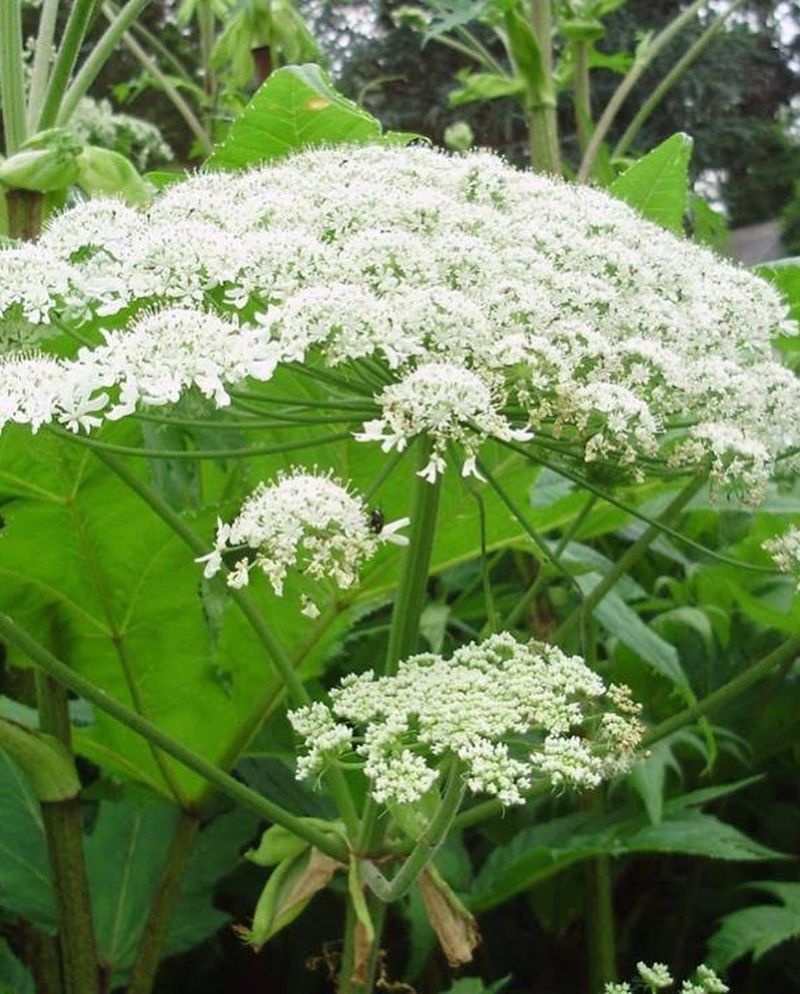
Giant hogweed might look like an impressive ornamental plant, but its sap contains toxic chemicals that cause severe skin burns and blistering. Mississippi classifies it as a noxious weed, making cultivation and distribution illegal throughout the state.
Contact with this plant can send people to the hospital with painful burns that last for weeks. Children are especially vulnerable if they touch the plant while playing outdoors.
If you spot giant hogweed anywhere, report it to agricultural authorities rather than attempting removal yourself.
7. Johnsongrass
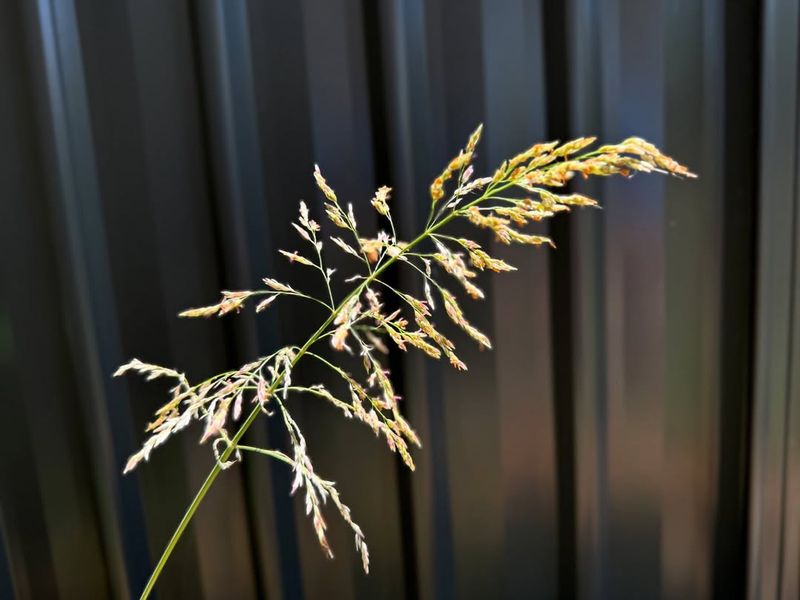
Farmers and gardeners across Mississippi know johnsongrass as one of the most troublesome invasive weeds imaginable. State law prohibits planting this aggressive grass because it spreads rapidly through underground rhizomes and seeds.
Once established, johnsongrass competes fiercely with crops for water and nutrients, reducing agricultural yields significantly. It also produces cyanide compounds under certain conditions that can poison livestock.
Mississippi agriculture officials can issue citations and fines to property owners who allow johnsongrass to spread from their land.
8. Cogongrass
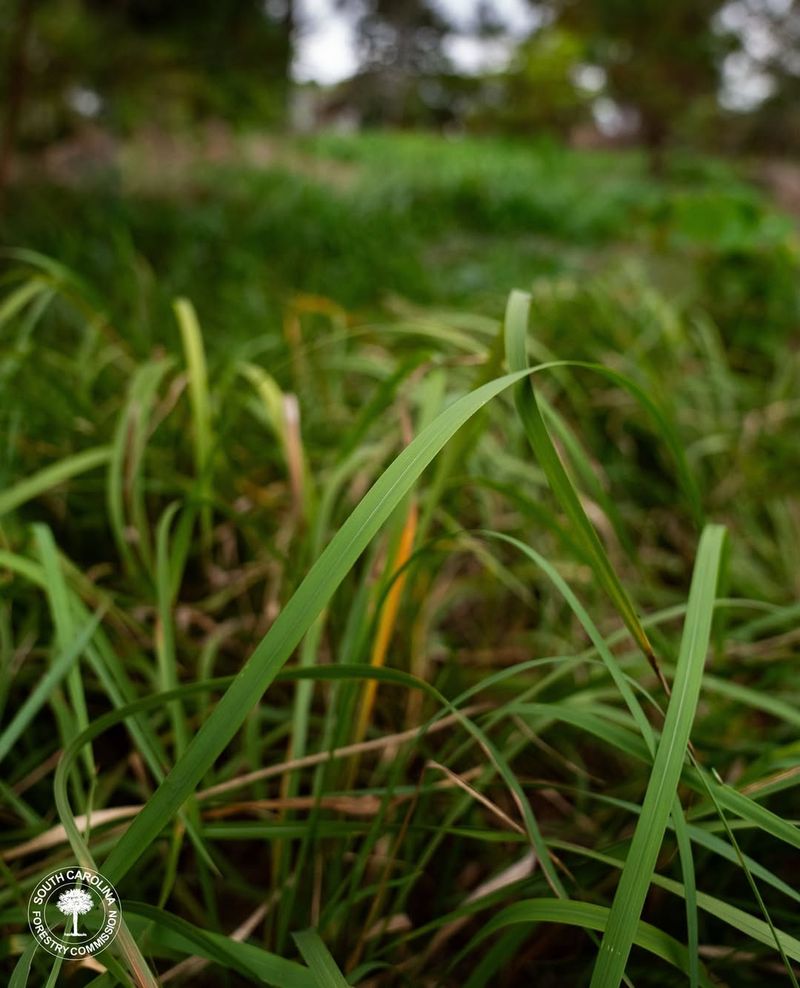
Ranked among the world’s worst invasive species, cogongrass is strictly prohibited for planting anywhere in Mississippi. Its sharp leaves cut like razors, and it creates fire hazards by burning extremely hot when ignited.
Cogongrass spreads through seeds and underground rhizomes, making eradication nearly impossible once established. The plant has no value for wildlife or livestock and actively harms native ecosystems.
Mississippi law requires property owners to report and control cogongrass infestations, with potential penalties for non-compliance.
9. Thorn Apple (Datura)
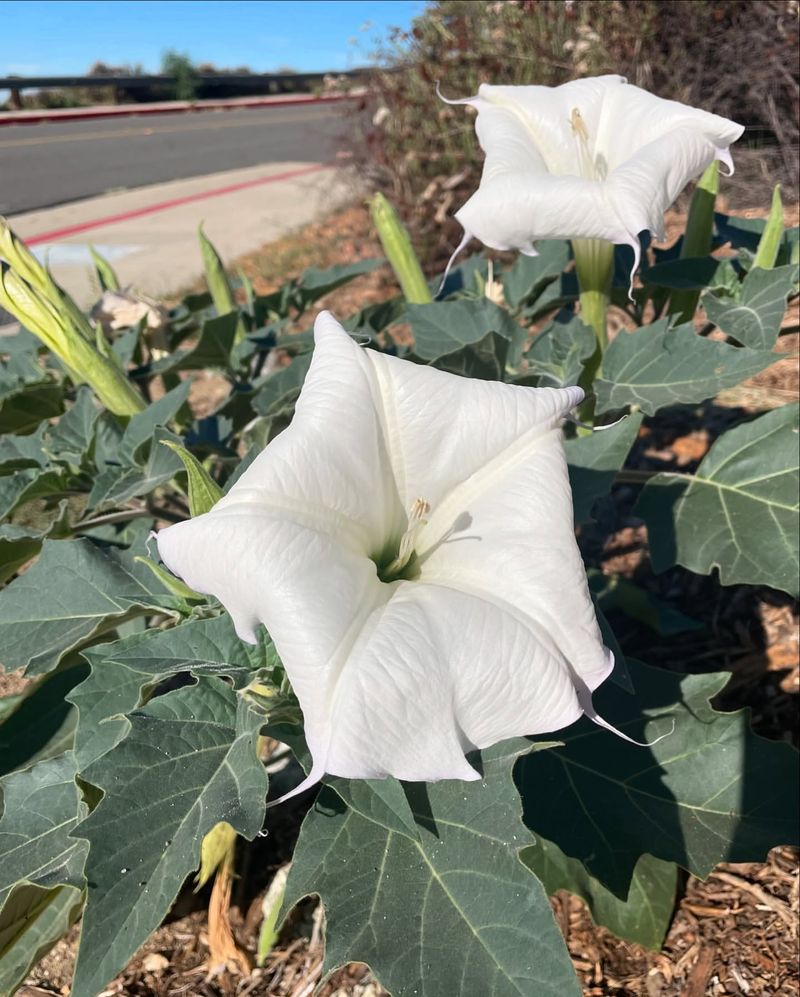
Every part of the thorn apple plant contains dangerous hallucinogenic toxins that have caused numerous poisonings and deaths. Mississippi restricts cultivation of Datura species because people sometimes try using them as recreational drugs with devastating consequences.
Children and pets face serious risks if they accidentally ingest any part of these attractive but deadly plants. Symptoms include confusion, hallucinations, rapid heartbeat, and potentially fatal complications.
While not always prosecuted aggressively, growing Datura can bring legal trouble if linked to poisoning incidents or drug use.
10. Brazilian Peppertree
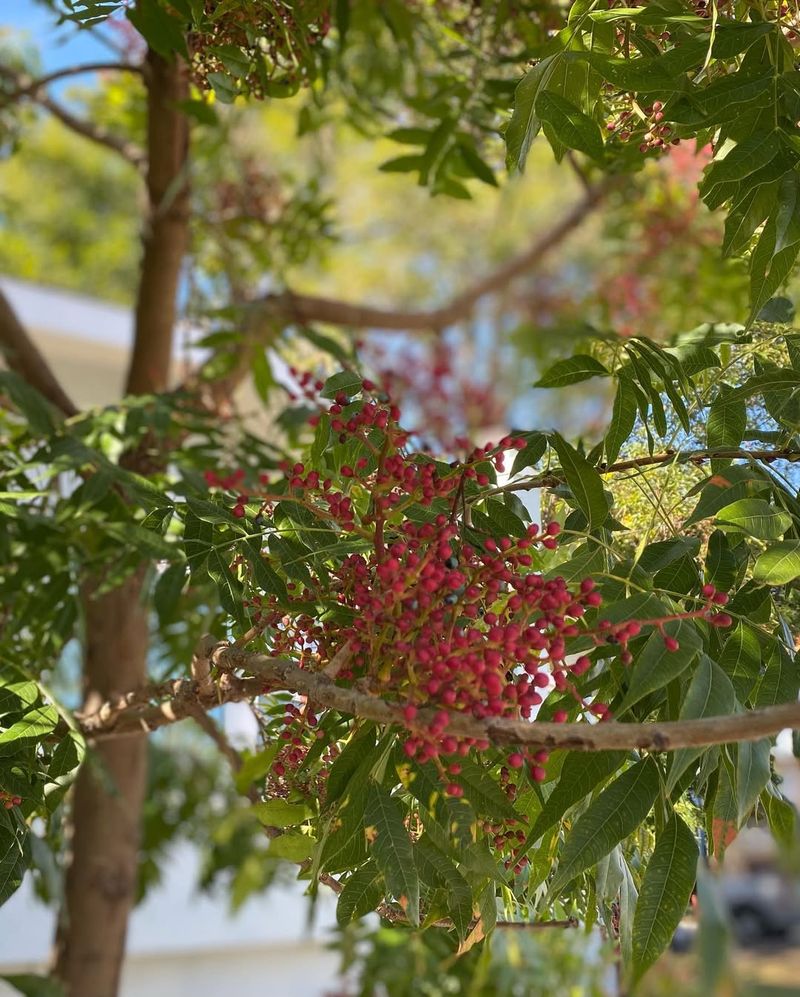
Despite producing pretty red berries during winter, Brazilian peppertree is banned in Mississippi as an invasive exotic species. It aggressively invades natural areas, forming dense thickets that crowd out native vegetation and wildlife habitat.
The tree’s sap can cause allergic reactions similar to poison ivy in sensitive individuals. Birds spread the seeds widely, making containment extremely difficult once trees become established.
Mississippi nurseries cannot legally sell Brazilian peppertree, and planting it violates state invasive species regulations with potential fines.
11. Chinese Privet
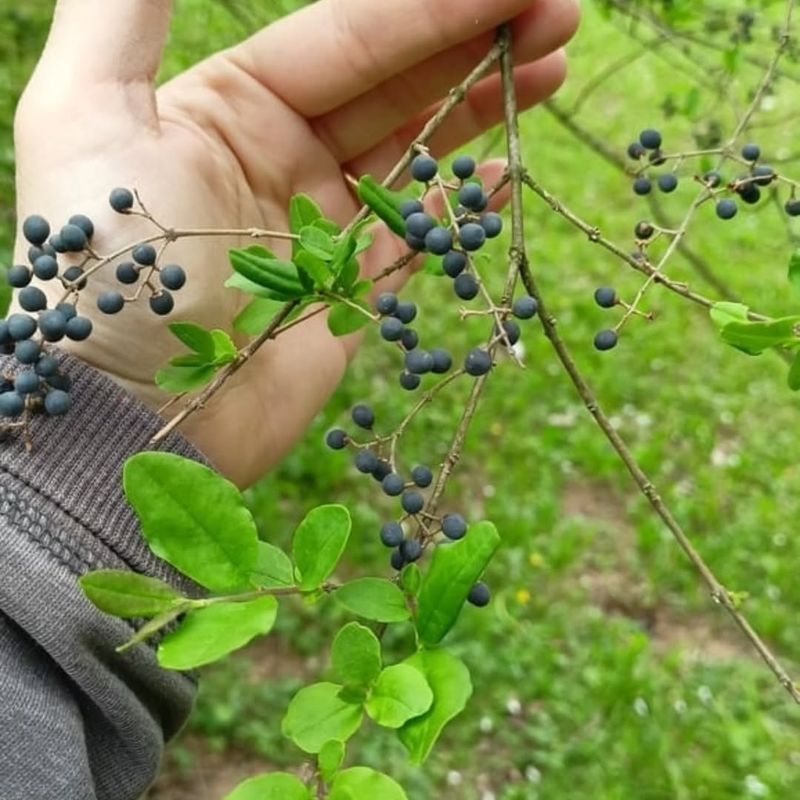
Once commonly planted as ornamental hedges, Chinese privet has become an ecological nightmare across Mississippi forests and wetlands. State regulations now prohibit new plantings because this shrub forms impenetrable thickets that destroy native plant communities.
Chinese privet spreads incredibly fast through bird-dispersed seeds, producing thousands of berries annually. It tolerates shade, flooding, and poor soils, making it nearly unstoppable without aggressive control efforts.
Property owners may face requirements to remove existing Chinese privet to prevent further spread into natural areas.

